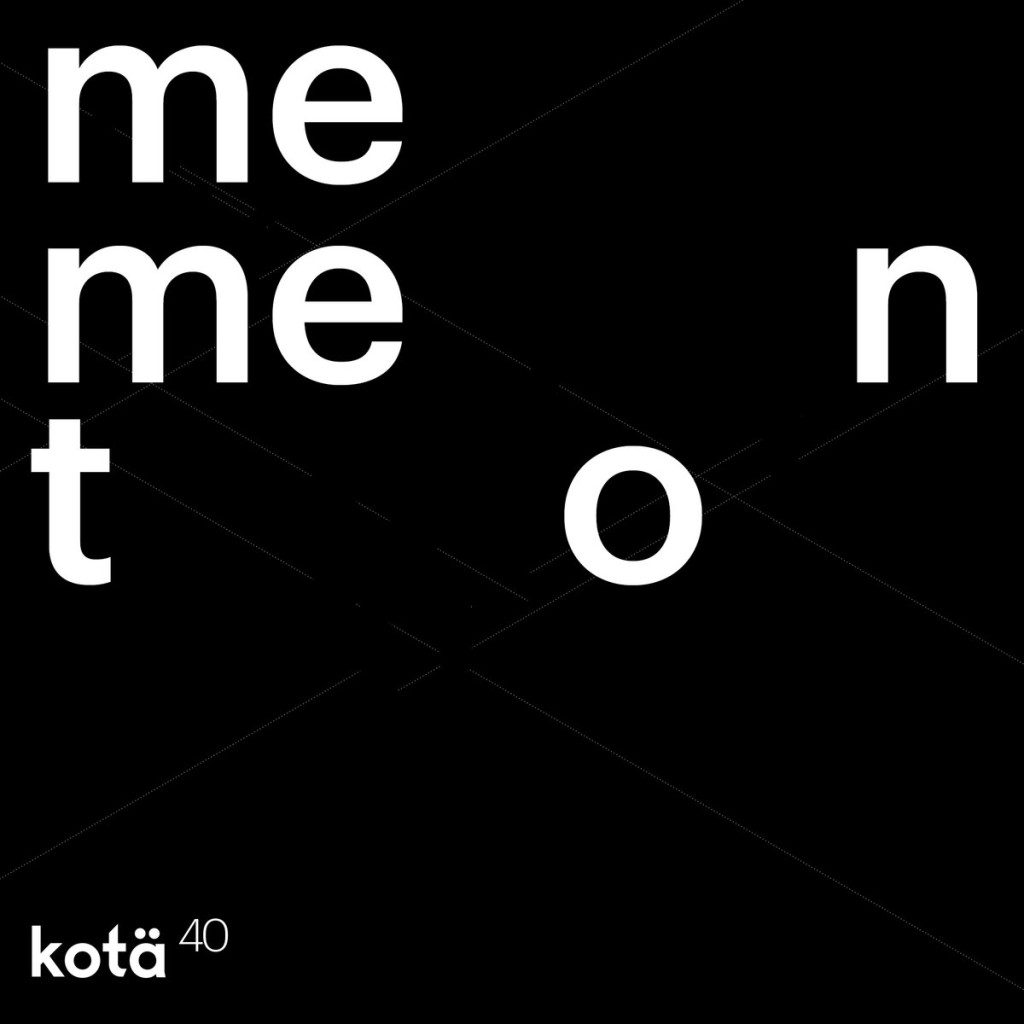The strangest thing about the pandemic moment may be its incongruous surface of normality. That’s where music can play a role. From Russia and beyond come some beautifully frightening sounds.
Image at top: Rezo Glonti/Aux Field, from Georgia. 2014, but fits the mood of the sounds, even if unintentionally (and check his track starting the compilation)
Everything about the virus is essentially invisible. But beyond just SARS-CoV-2, the pandemic touches on some of the crises of our societies – their fears, biases, and inequalities, propaganda and disinformation, and the cruelties of our hyper-connected world and its often privatized health infrastructure. And then there’s a personal side of the loneliness and isolation of our technologized world – feelings that predated COVID-19 and can hardly be cured by a Zoom chat.
It’s a matter of coping with accelerated loneliness and dissociation, fragmentary futurism. But it’s hard to put that into words in any language; a lot of these things are feelings.
What struck me about joining this compilation from Kotä is not only that I found sonic expression to be cathartic for myself, but that I felt the same cathartic release listening to everyone else. Social media can make us grow apart. But in sound, without even needing a common language, we can feel closer.
And music is this mysterious vessel into which your darkest feelings can transform into delight.
Memento was assembled by Moscow-based platform Kotä quickly. Each track is meant to be a “fingerprint” of the lockdown time. What strikes me is how much common sonic language there is here – without any coordination. A know a number of us worked from present field recordings – I did – but the synthesized sounds and sense of pattern and time have parallels, too.
Aux Field — Tbilisi
D. Dzhincharadze — Krasnodar
Vlad Dobrovolski — Matovo village, Kalugskaya oblast
Peter Kirn — Berlin
Wolffflow — Moscow
Vladimir Gorlinskiy — Moscow
Brinstaar — Начало мая (the name of the track “The Begining of May”) — Moscow
Gleb Glonti — Moscow
yerofeyev — Moscow
Dmitri Kourliandski — Moscow
Sasha Serechenko, Kate Pryanik – Vladivostok, ostrov Russki
Symphocat — St. Pete
::vtol:: — Moscow
Дмитрий Бёрн — St. Pete
Ekaterina Bazhenova–Yamasaki — London
Fesikl Mikensky — Moscow

I have no idea if this is just me or if you’ll get some of the same feelings of familiarity.
But I hear a rich journey from each diverse track. And then there are utterly transcendent, unexpected moments – like the sudden chimes of Vladimir Gorlinskiy’s “Weddinner,” which to me recalls Orthodox bell ringing but also suggests some ritual older than Christianity. Gleb Glonti leads the Kotä project, and his unadorned field recording is perhaps the most arresting. Sasha Serechenko and Kate Pryanik enter like a splintered dance solo, piercing the dense textures of the rest of the music. ::vtol::, who has been a frequent friend on the site for his sound art and electro-mechanical and media inventions, creates a yawning oppressive ambience that sucks you in for a full half-hour. Ekaterina Bazhenova and Fesikl Mikensky conclude with firey, violent distorted destruction.
Brinstaar not only contributed a gorgeous track but also, as always for the label, mastering – which navigates our murky compositions with clarity. His approach has the depth of fine-quality black-and-white film stock, in bringing out that spectrum.
For me, there’s a full through-plot here – a brooding nightmare from which you wake strangely calm, not disturbed.
If you do speak Russian, there is what I’m told is a really eloquent text that fully embraces the philosophy of this moment, composed by Oleg Sobolev for Stellage:
https://stellage.store/collection/other/product/memento
The most sobering message, especially as my native country and Russia at the moment face some of the deepest losses, is to “remember that you are mortal.” He calls for us to mourn so that those lost in death statistics don’t become simply abstract numbers.
“To listen is to experience,” he says, with sounds in which we hear tragedy and alienation “together and separately.”
I thought the worst form of whataboutism was to simply fall back on existing death. But that’s the whole point – disease is just an added reminder of that loss. Being silent in that pain requires us to deny life itself.
We’ve heard that architecture is frozen music. But maybe music is frozen time, captured feelings. We remember we are mortal, remember what it is to be alive, and then truly mourn those who are suddenly gone.
Music is often something we make alone. It’s something we can do alone. But then someone is always listening. And you hear things and feel that togetherness again, that sense of shared feeling that sometimes nothing else can provide.
Oh, and this tagline from Oleg I can quote, as he does, in English:
“If there’s a Hell below, we all gotta go.”
I feel long after this virus time is gone, I hope to come back and listen to this compilation – for that feeling, something deeper.
https://kotae.bandcamp.com/album/memento